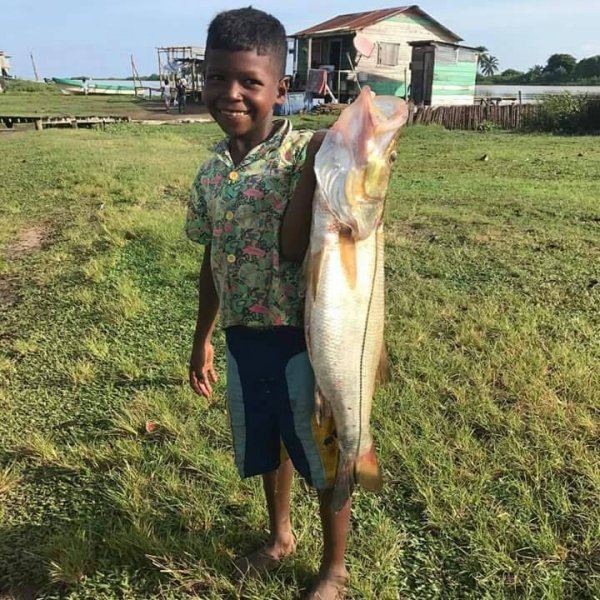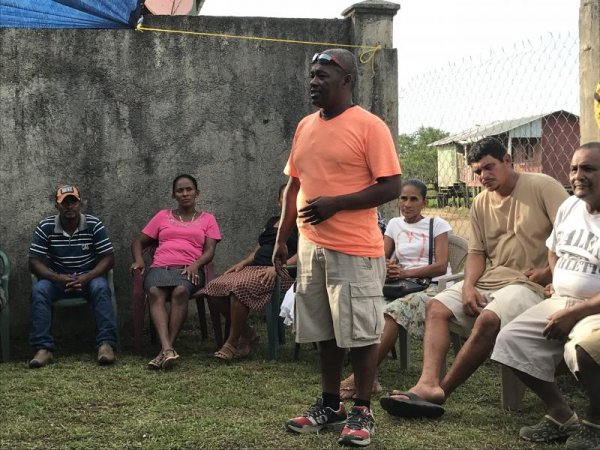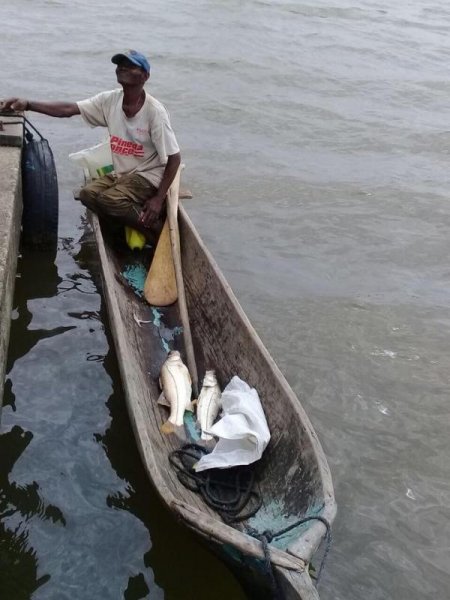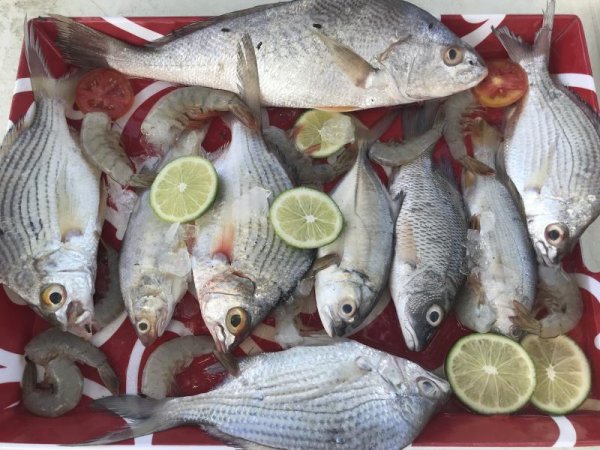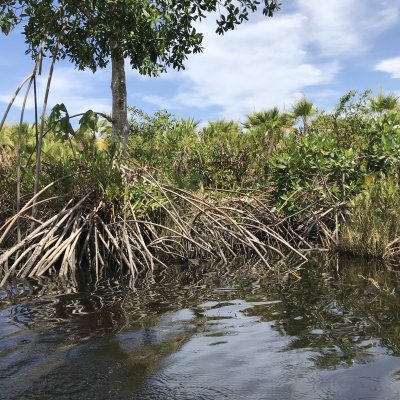MiPesca project in for long haul in Honduras
Launched in 2016, MiPesca is a five-year project, co-financed by NDF in partnership with IDB and implementing partner, GOAL, to create economic incentives for sustainable fishing in Honduras.
“Over the years, there’s been a huge amount of investment in the Honduran fisheries sector but a lot of it was hit and miss,” laments Bernard McCaul, Regional Director at GOAL for the Latin American, Caribbean region. “For example, the traditional humanitarian approach of arriving and building infrastructure or donating boats – often the wrong boats for the conditions – with no longer-term plan attached is on the whole unsuccessful.”
In contrast, MiPesca, as the name suggests, doesn’t seek to impose products or solutions from outside but rather to work with local actors and existing actions already in process. In this way, McCaul sees GOAL’s approach as very much aligned with NDF’s, and one of the factors driving early success. “From the outset, we agreed to act as facilitators, providing technical assistance where needed, but basically to be the glue that brings key actors together to work on developing solutions that are relevant to local capacities and needs.”
In addition to being locally driven, the MiPesca approach casts a very wide net, identifying 12 essential success criteria related to Resilience of the Blue Economy for the achievement of an inclusive and sustainable fisheries market.
Resilience runs through everything
McCaul can’t stress enough the importance of the Blue economy and fisheries to global food security. Currently about one billion people depend on fisheries for their livelihoods and food security, and the number is growing. “Fisheries is the last place we’re still hunting, and if we continue the way we are, we’ll run out of resources.”
Climate change plays a role in Blue Economy resilience. One of the project’s essential criteria is putting in place early warning and response systems against major climactic disasters. All these coastal communities are extremely exposed to storm surge, major hurricanes and other extreme weather events related to a changing climate.
Building a regulatory network for action
Another important essential is the need for collaborative governance across the fishing supply chain. “The whole sector is disaggregated, more a kind of set of individual actions, whereas we’re trying to facilitate the creation of more collective action.” McCaul explains.
“An early project win where NDF has been active and influential, is investing in legislative action.” The indigenous coastal communities of Honduras are now in the process of receiving collective land titles and fishing rights but the question is how to regulate this. “It is a heavy lift for all stakeholders to bring about a new governance model for sustainable management and more equitable distribution of benefits of marine coastal resources.” Progress is being made by the MiPesca programme to support the development of Regulatory Guidance for the implementation of the recently published Honduran Fisheries Act. The final draft of the regulation is expected to be completed at the end of this year. The broader work of MiPesca to facilitate the establishment of appropriate governance models at priority locations along the coast is also continuing with engagement from key stakeholders including indigenous governance authorities.
Traceability and managing capture quotas
With regulation comes the need for traceability. Rather than coming in with something new, the project has successfully engaged with food safety authorities to operationalise an existing initiative. McCaul describes the relationship as a perfect hand and glove fit. “They need partners like us. We’re helping them implement their own system.”
The first step is to getting key market players to adopt and apply the protocols then have others follow. For example fishers can’t just sell at any point on the coast they have to use official landing sites. Every site has a capture quota but doesn’t always have the capacity to record the catch. Landing sites also need to demonstrate that attention is being paid to the environment and that food safety procedures are followed. A traceability system to address these issues is now becoming operational across 23 fishing organisations, but as McCaul points out, implementation also means increased capital investment on the part of the fishers.
Business support essential for success
That’s why the ability to attract third-party financing has been identified as another essential for overall success. “Up until now it’s been almost impossible for small-scale fisheries to get loans, mainly because they’re perceived as high risk.”
A new loan guarantee mechanism of USD 2.1 million with CONFIANZA, a Honduran Mutual Guarantee Funds Management Company has been launched to help reduce this perceived risk. This is an opportunity for the sector to demonstrate not just financial returns but environmental and social impacts, as well as provide an evolving opportunity for international investors for return-seeking investments into sustainable small scale fisheries. CONFIANZA provides loan guarantees of 50% for loans of up to USD 50,000. This is the ideal amount for small fishing organisations to invest in improvements such as small scale water treatment systems or solar powered energy sources that will help them meet food grade safety standards and preserve the environment.
Scale-up attests to project success so far
These are just some of the success factors that have defined progress so far and helped attract new funding for the region from the EU, USAID, and investment funds to replicate the MiPesca model in Guatemala, and El Salvador as well as scale up in Honduras.
“We see this very much as a success factor, says McCaul, “in that we’ve been able to leverage the ongoing success of this intervention, designed together with NDF, to secure larger funding for the region.”
However, McCaul accepts that the view from the ground is still a long one, and with a wide lens. “Some projects are designed to be short term and narrow, where progress in one area is lost if not complemented by success in other supporting criteria.” For example, putting in place a traceability system but without a complementary legislative framework or without the support for business development means progress can be lost.
“We need four solid legs on a table to create stability,” McCaul explains, “and that’s what we’re trying to do here, to get the essentials in place that will create a strong platform for long-term sustainable fisheries across the region.”

